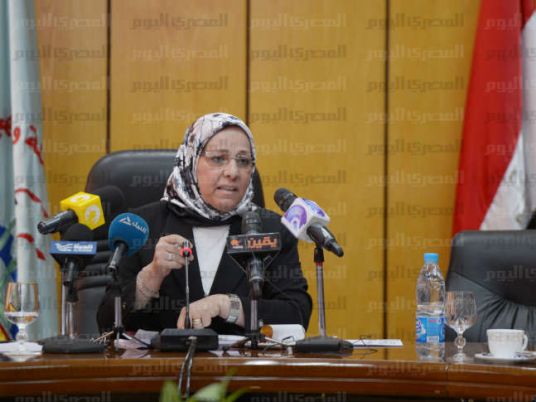Eid al-Adha, or the "feast of sacrifice," used to be a time for family gatherings, spirituality, happiness, and new clothes. Nowadays, however, new negative trends characterize the holy feast, including its increasing financial burden, sexual harassment, and family disintegration.
“The Eid used to have a different, pleasant taste a long time ago. Now I spend it just like any other day of the year,” says Mona Fawzy, a housewife.
Fawzy, who has two married sons, adds that Eid used to be a favorable opportunity for family reunions, “but now my sons prefer to spend the whole holiday out of Cairo. So, it usually ends up spending the Eid alone with my husband, but I understand that they want to take some time to change their daily routine,” she says sadly.
Another factor detracting from the joy of Eid is the financial burden that falls on limited income families, due to deteriorating economic conditions in Egypt.
Zakria Abdel Shakour, an employee at the Health Ministry, tells Al-Masry Al-Youm that he allocates an additional budget for Eid in order to cover its associated heavy demands.
“I barely manage to meet the increasing expenses of new clothes, Eidyah (gifted money) for children, and animal slaughter within the steep rise in prices without intervention by the government,” Shakour explains. “This year, I cannot afford to buy a sheep on my own, so I will divide its cost with my brother.”
Menna Mustafa, a student at the German University in Cairo, regards going out during Eid as an impossible decision. “I used to wait for Eid to hang out with my friends at a café or watch a movie,” she says.
However, after the increasing sexual harassment incidents over the past years, Mustafa changed her traditional habit, saying, “I cannot go out with girls alone during those days in crowded, public places, because there are no heavy security measures to protect us.”
Egypt has recently witnessed a series of horrific sexual harassment incidents, whether verbal or physical, especially during Eid. Public gardens and transportations have become familiar scenes of harassment of women, even those who wear the full veil.
For Elham Mohsen, a banker, the spirit of Eid is gradually disappearing. “Ten years ago, my family used to gather around the breakfast table to celebrate the holiday."
“Unfortunately, nowadays, phone calls and text messages have replaced the intimacy of family visits, which weakens family ties and loses the pleasure of reunion,” she says. “Eid has never been the same again.”




